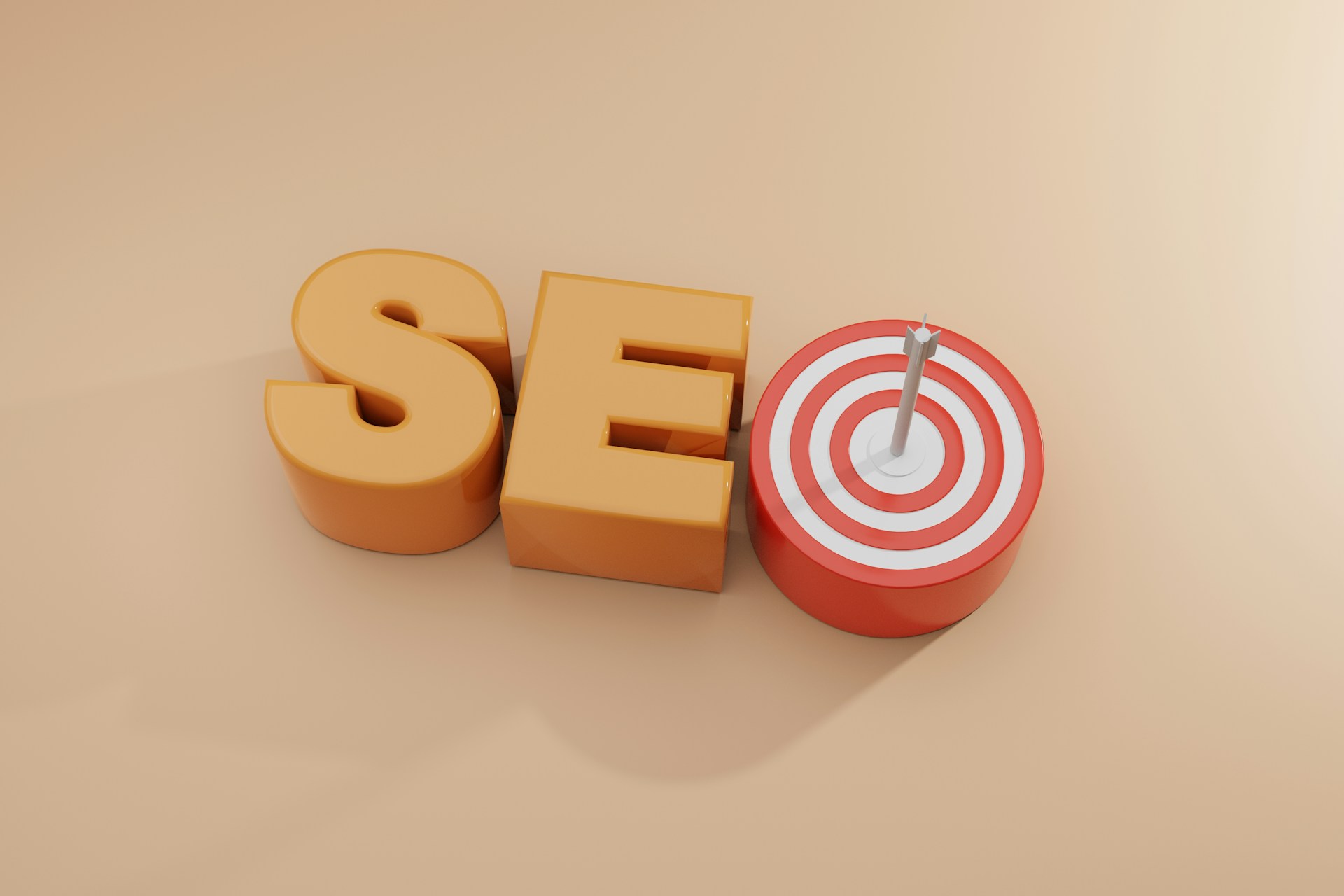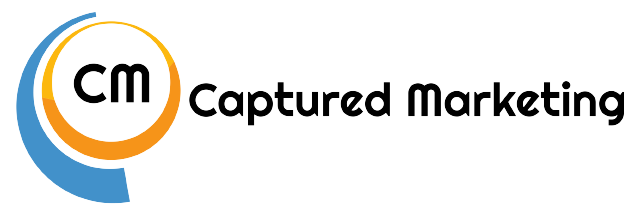
A fast website is like a fast car—it gets you where you want to go quickly. If your website takes too long to load, visitors might drive away before seeing what you have to offer. This can hurt your search engine rankings and reduce the chance of gaining new customers.
Website speed affects SEO in a big way. Search engines rank websites higher when they load quickly. That’s because users prefer sites that give them what they want instantly. Improving your website’s speed is like rolling out a welcome mat for search engines. It invites them to rank your site higher, getting more people to visit.
There are many factors that can slow down your site, but understanding them is the first step to fixing the problem. By paying attention to your website’s speed, you enhance user experience and visibility. It’s crucial to know what influences load times and how you can optimize your site to be speedy and efficient.
Understanding the Importance of Website Speed for SEO
Website speed is crucial for keeping visitors engaged. When your website loads quickly, users are happy, and search engines reward you with better rankings. Fast load times improve user experience, meaning people are more likely to stay, browse, and even buy. This is good news because search engines like Google use page speed as a ranking factor. The quicker your site loads, the higher it can appear in search results.
Slow websites drive away visitors, and this affects your bounce rate. A high bounce rate can signal to search engines that users don’t find your site useful, which may lower your rankings. Websites that load in under three seconds tend to keep users interested. Engaged visitors spend more time exploring, which sends positive signals to search engines.
Speed also impacts mobile searches. More people use their phones to browse, and they expect speed. A mobile-friendly, fast-loading site attracts mobile users who may otherwise leave if a page takes too long to load. Page speed improves SEO by ensuring your site meets these expectations, making it easy for people to find and use your website.
Key Factors That Impact Page Load Times
Several elements affect how fast your website loads. By understanding them, you can address speed issues more effectively. Here’s what to focus on:
- Large Images: Images that are too big slow down load times. Compress images and use appropriate file formats, such as JPEG for photos and PNG for graphics with fewer colors.
- Too Many Plugins: Relying on numerous plugins can clutter your site’s functionality. Each plugin can add to load time. Regularly review and deactivate any that aren’t necessary.
- Code Density: Complex, heavy code can slow a site. Streamline HTML, CSS, and JavaScript by removing unnecessary characters and spaces, making the code efficient.
- Server Response Time: A slow server delays page loading. Select a reliable hosting provider and consider a CDN (Content Delivery Network) to reduce load times by serving content from a server closest to the user.
- Redirects: Having too many redirects can adversely affect speed. Keep them to a minimum to ensure faster access to your web pages.
Each of these factors plays a role in page performance. Addressing them can significantly decrease load times, enhance user experience, and boost your SEO efforts. Improving these areas is a tangible step towards a faster, higher-ranking website.
Effective Techniques to Boost Website Speed
Boosting your website’s speed involves several practical techniques. Start by optimizing your images. Use tools to compress image files without sacrificing quality. Choose the right formats, like JPEG or PNG, to reduce the load size and improve speed.
Minimize the use of plugins on your website. Too many plugins can slow down your site significantly. Regularly audit your plugins and remove any that are not essential. For the necessary ones, ensure they are updated to the latest versions, as updates often include performance improvements.
Another technique is to simplify your website’s code. Optimize your HTML, CSS, and JavaScript files by removing unnecessary characters, spaces, or unused code. Using a tool to minify these files can significantly reduce load times.
Utilize browser caching to speed up returning visits by saving elements of your site locally on users’ devices. This reduces the time to reload the page when visitors return, as the browser can quickly access cached files.
Lastly, consider using a content delivery network (CDN). A CDN helps distribute your website’s content across various servers worldwide, ensuring users receive data from the closest server geographical location, speeding up access.
Tools for Monitoring and Maintaining Fast Load Times
To keep your website speed in check, use specialized tools that regularly monitor performance. These tools help identify issues and suggest improvements, ensuring your site remains fast and reliable.
One useful tool is Google PageSpeed Insights. It analyzes your website’s content and provides suggestions to make the page faster. It scores both mobile and desktop versions, highlighting areas that need improvement.
GTmetrix is another popular choice. It offers detailed insights into your website’s loading speed and provides recommendations for enhancement. It visually shows load time, size, and requests, helping you target specific areas.
Pingdom helps monitor website performance over time. It offers real-time data on different aspects such as uptime and page analysis, indicating how fast your website loads from various global locations.
Lastly, WebPageTest allows you to run speed tests from multiple browsers and test locations, providing in-depth information on website performance, including speed index and the time to first byte.
Conclusion:
Improving your website speed is more than just enhancing user experience. It’s a critical aspect of effective SEO and ensuring your site ranks well in search results. By understanding the factors that slow down your site and applying effective speed-boosting strategies, you can keep your site agile and competitive. Using the right tools to monitor and maintain your website’s performance ensures that your optimizations continue to deliver results.
For those looking to optimize their website and boost performance quickly, Captured Marketing provides expert assistance. Our SEO expert in Phoenix can help identify the best techniques to enhance your site’s speed and implement strategies to keep your web presence fast and efficient. Contact Captured Marketing today to find out how we can help elevate your online performance.




